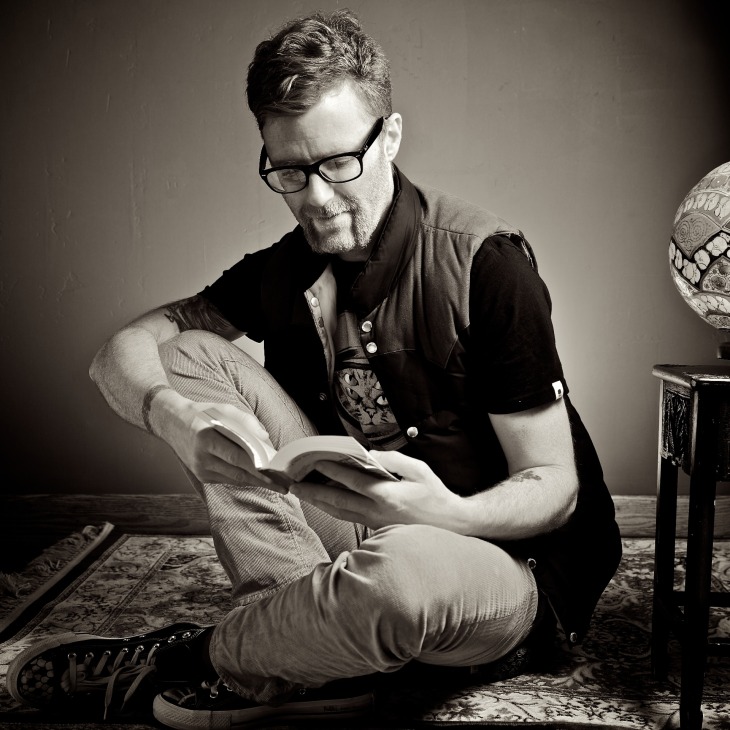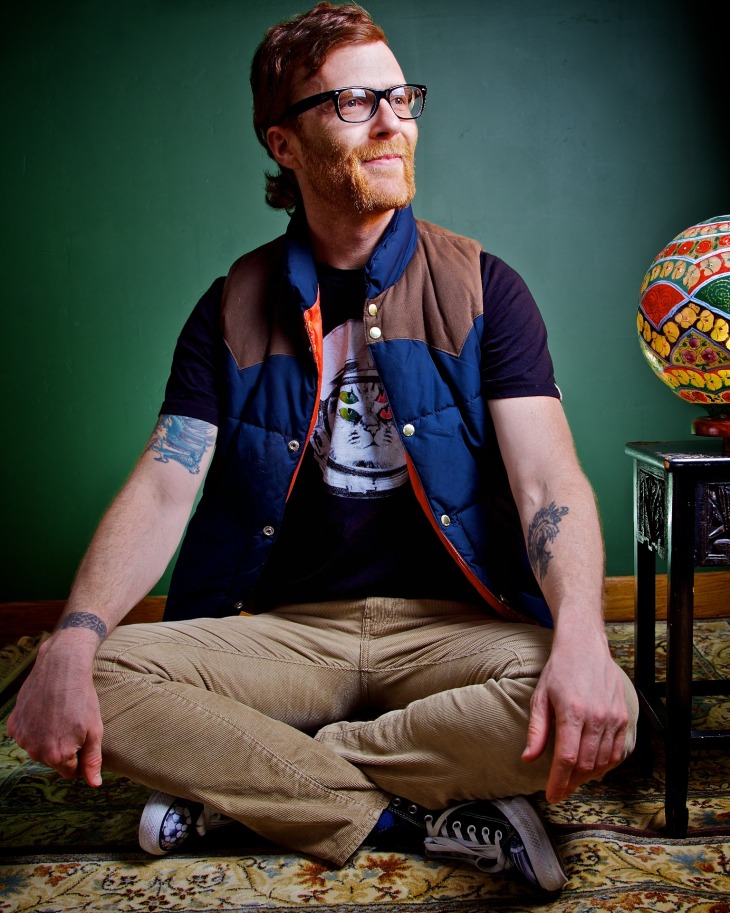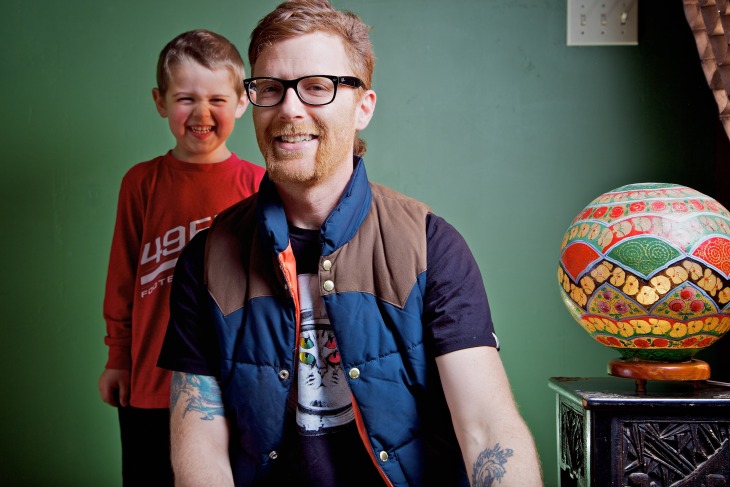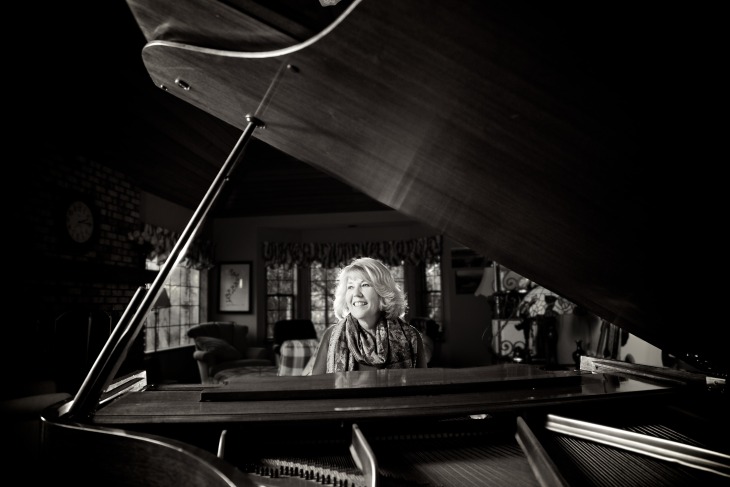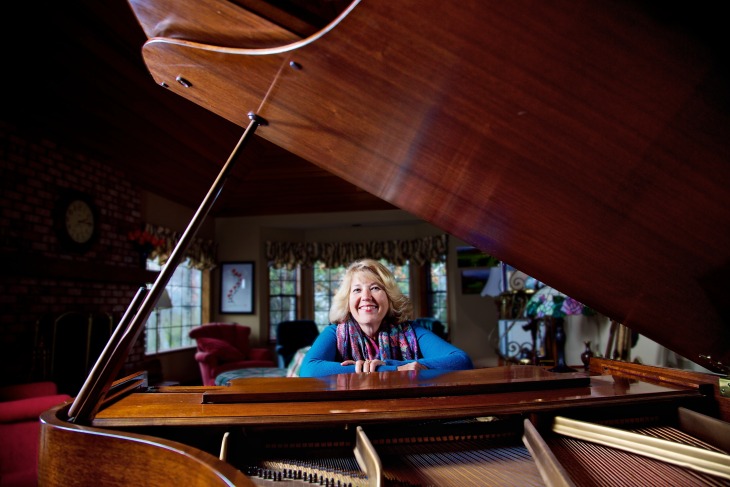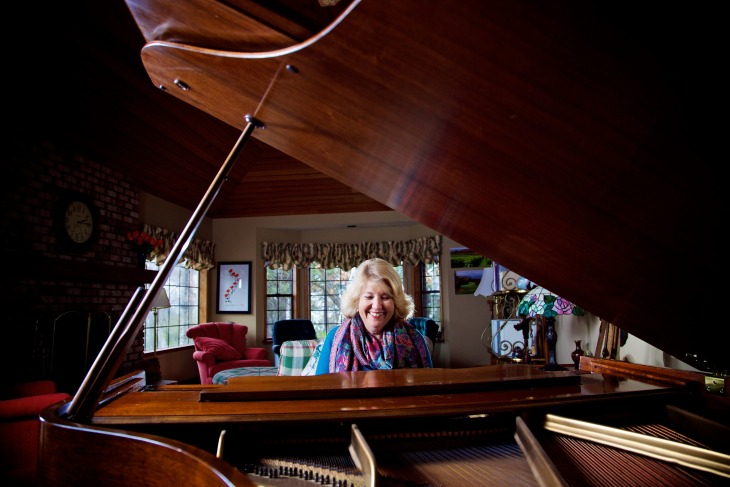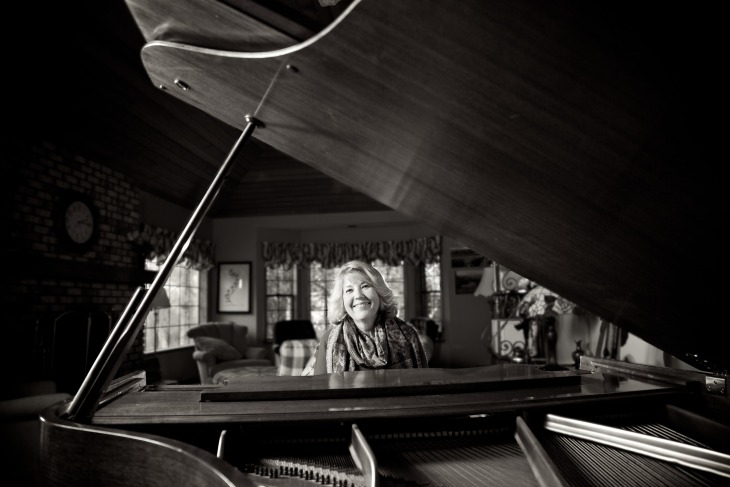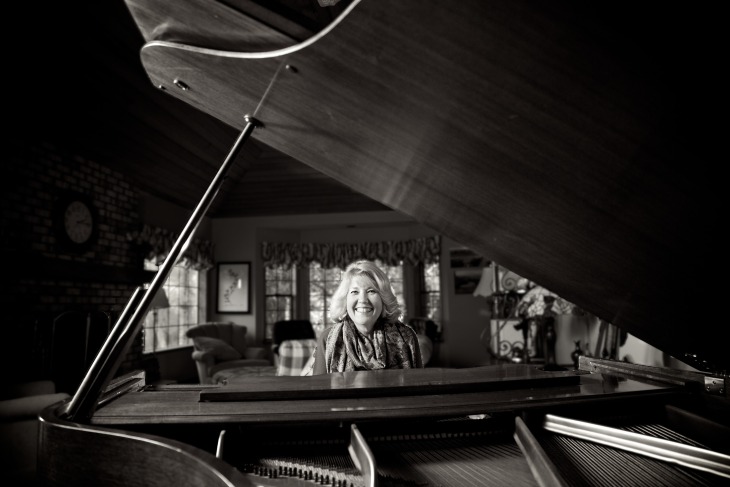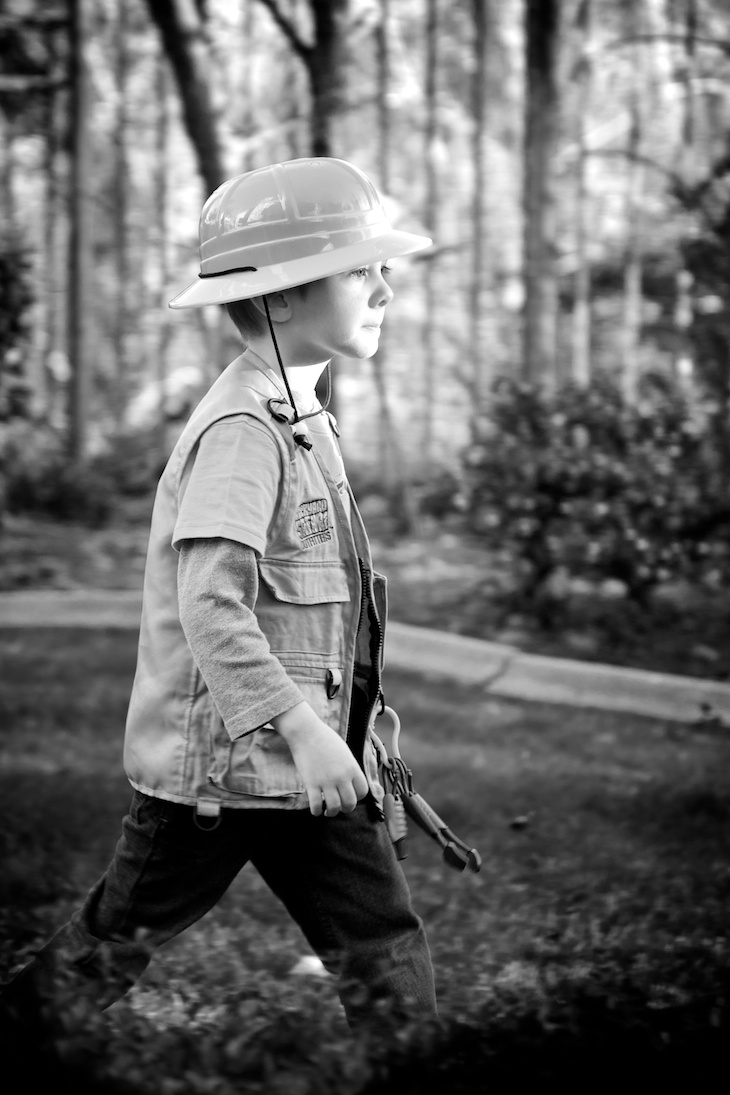Since last year’s New Mexico Appeals Court ruling that photographers refusing to shoot same sex wedding ceremonies are discriminating illegally against homosexual couples, I have seen quite a vibrant debate on what constitutes artistic freedom and how that applies to photography for hire. I have struggled with my own thoughts on this issue and, after much wrestling, I’ve come to a position that I think is both right and defensible which I will elaborate on below.
This issue is difficult because on the surface it feels like a simple civil rights issue. However, I think it is more nuanced than that. To me the question is this: can an artist be legally compelled to produce work that is antithetical to their core beliefs? When the artist’s prerogative is in conflict with civil rights, which governs?
The Artist’s Prerogative
“There are always two people in every picture: the photographer and the viewer.”
- Ansel Adams
Photography is special within service professions because the client is also the subject. Compelling a photographer to take on a client is also dictating to the photographer their subject matter — both in terms of persons and themes. Having the government dictate where photographers point their lens just doesn’t sit well with me.
In the New Mexico case, the issue isn’t that it is a lesbian couple. Rather, it is that the couple’s homosexuality is precisely the focus of the creative work. And that, to me, is exactly the point. It has taken awhile for me to arrive at a justification for why I feel the ruling was wrong, but after much thought I have reduced my position to two simple words:
Art speaks.
Let me explain. If art has meaning beyond being just a pretty picture, I don’t see how you can reconcile this as just a civil rights issue. It seems to me that the photographer’s first amendment right, by which I mean their right to control the message their art conveys, is in direct conflict with the couple’s civil rights. When the two are in conflict, I think that the first amendment has to govern as it is the more basic. A person should never be compelled to speak against their own conscience regardless of the validity of their beliefs.
I think it is important to remember this can play out both ways. What if a church representative contacts a commercial photographer to shoot a campaign? The photographer agrees to discuss the project and through the course of the discussions comes to the realization that this person represents the Westboro Baptist Church and the subject of the campaign is to spread this church’s message that all of America’s problems are punishment for its acceptance of homosexuality. The photographer, for good reason, decides he doesn’t want his work associated with such hateful propaganda and respectfully declines the commission citing personal issues with the church’s beliefs. Should this photographer be subject to civil rights litigation because he is discriminating based on religious creed?
Or let’s back away from the lightning rod issue of homosexuality. What if a man contacts his local boudoir photographer to inquire about getting some shots of himself for his wife? This particular photographer informs him that she only shoots women and isn’t comfortable doing this type of shoot with a man. She suggests that he look elsewhere. Should this photographer be subject to a civil rights suit due to her discrimination against men?
I think the answer to both questions is no. Yes, this is a civil rights issue. But it is also a first amendment issue for the photographer. And when the two rights are in conflict it seems the more basic of the two should be upheld.
I guess I fall on the side of defending the creative prerogative of the artist to accept or decline a commission for any reason — no matter how repugnant that reason may be. Because the work is so personal — so reflective of the artist — and because it carries the artist’s voice, I think that personal beliefs should be allowed to dictate whether a commission is accepted or declined. The artist’s prerogative must be paramount for the artist to retain the integrity of their personhood, that which is fundamental to their being — their own conscience. Retaining the integrity of one’s personhood seems to me to be the most fundamental of American rights.
 April 18, 2014 |
April 18, 2014 |  ∞
∞ 

































